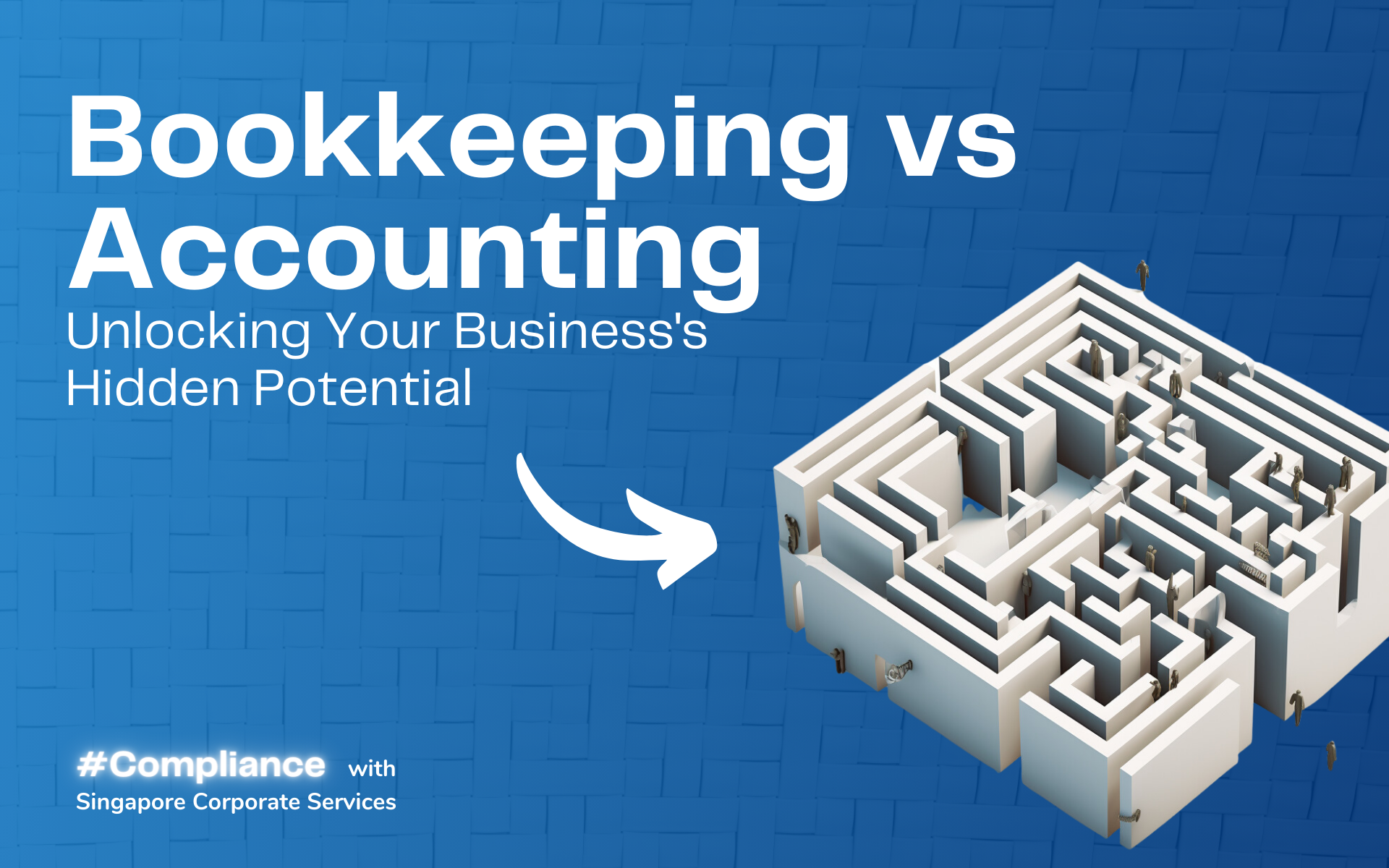
The Power of Bookkeeping and Accounting
Business owners are often told that they should hire a professional to help with the financial aspects of their companies. But does that mean hiring a bookkeeper or an accountant? Bookkeeping and accounting are both essential functions in any small or midsize business, and choosing the right level of services for your company’s needs is essential to success. This article highlights what the bookkeeping and accounting functions entail and what to consider when determining which role or combination of roles is appropriate.
Understanding the Difference Between Bookkeeping and Accounting
What Is Bookkeeping?
Bookkeeping involves the day-to-day recording of all financial transactions. The work can be basic and administrative, but bookkeeping is at the financial core of a company, and accuracy is of paramount importance. Bookkeeping encompasses the maintenance and balancing of ledgers, handling of accounts receivable and accounts payable, and managing payroll. Bookkeeping is considered the first step in the accounting process, so work that is considered bookkeeping often overlaps with accounting.
What Is Accounting?
While bookkeeping records critical data, accounting is the interpretation and presentation of that data. In other words, accounting turns a collection of data into useful information that managers can rely on to determine the health of the business. Accounting focuses on the bigger picture and includes generating and analysing financial statements, preparing and filing tax returns, and providing forecasts and financial advice.
Bookkeeping vs. Accounting: Key Differences
Bookkeeping and accounting are necessary for any business. To determine what services your company needs, assess your business’s current financial position and consider the type of growth it’s expecting, and then decide what tasks you can manage on your own. Sometimes bookkeeping and accounting tasks overlap, but there are some distinct differences.
Bookkeeping Tasks
Bookkeeping tasks tend to be transactional in nature and centre on maintaining accurate records of all financial activity. These tasks include recording transactions, reconciling bank statements, handling accounts receivable and accounts payable, and managing payroll. Accounting software can help businesses automate many of these tasks, reducing the risk of manual errors.
Accounting Tasks
Accounting tasks are often subjective and require a broad financial perspective. Accountants audit and analyse the financial data bookkeepers record and provide business insights based on that information. Typical accounting tasks include preparing, adjusting entries, conducting audits, preparing and filing tax returns, and providing financial advice.
Bookkeeper and Accountant Credentials
Bookkeeper Credentials
No credentials or licences are required for bookkeepers. However, some bookkeepers may obtain certifications such as the certified bookkeeper (CB) designation or the certified public bookkeeper (CPB) licence to enhance their skills and credibility.
Accountant Credentials
Accountants must hold a bachelor’s degree in accounting from an accredited college or university. Hiring a certified public accountant (CPA) with experience can bring valuable expertise to your business, including tax preparation and filing, strategic advice, and assistance with legal and regulatory compliance.
Embracing the Accounting Cycle: Where Bookkeeping and Accounting Converge
Where Bookkeeping Ends, Accounting Begins
Bookkeepers and accountants work closely together in the accounting cycle. Bookkeepers identify, record, and post all transactions, while accountants analyse data, post adjusting entries, prepare financial statements, and close the books. Understanding this convergence helps optimise financial processes.
Control Your Bookkeeping and Accounting All in One Place
Accounting software can simplify the entire accounting process, from recording transactions to generating reports and disclosures. Xero is a cloud-based accounting software that offers a range of features and tools to simplify and streamline your financial management. The accounting software offers real-time access to financial data, enabling timely, accurate reporting and greater control of financial assets.
Xero platform is designed to handle both bookkeeping and accounting tasks, providing a comprehensive solution to manage your financial processes all in one place.
Try Xero today!
In summary, bookkeeping and accounting are both crucial elements in business management. By understanding their differences and complementing their roles, business owners can unlock their company’s true potential and make informed financial decisions. Embrace the power of bookkeeping and accounting to take your business to new heights of success.
Don’t wait any longer; equip yourself with the tools that will drive your business forward. Try Xero today and experience the difference it can make for your business.
How to Change Your Company Name in Singapore
A company's name can significantly shape its identity, yet there are times when a change becomes...
Is Singapore a Tax Haven? A Comprehensive Analysis
Is Singapore really a tax haven, or is it simply capitalising on tax policies that spur economic...
Fiscal Year vs Financial Year: Definitions and Implications
Is there a difference between a fiscal year and a financial year? While they both refer to the...




